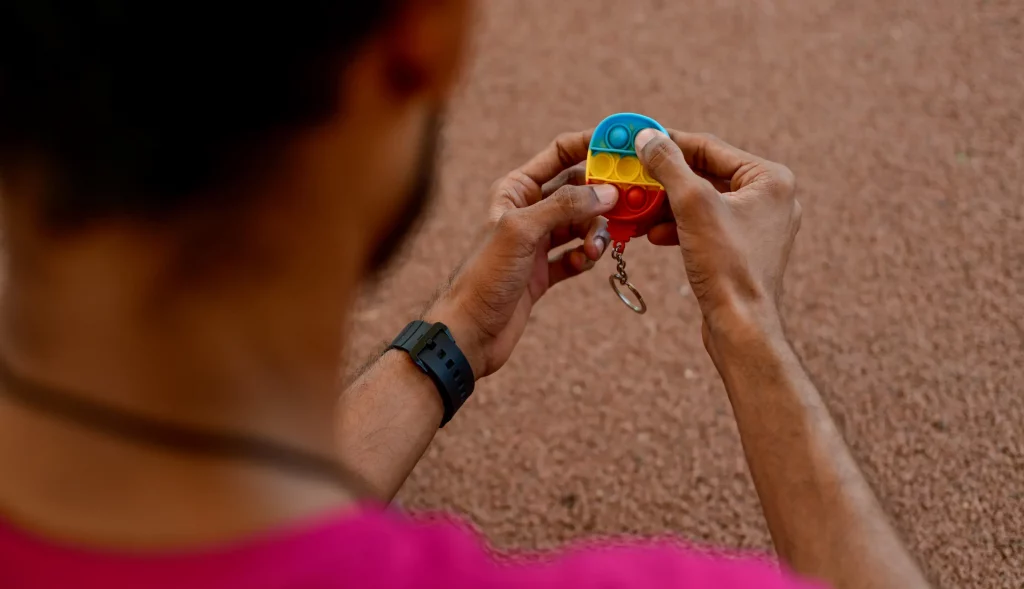Millenials are regarded as being achievement-oriented. They seek new experiences and learning opportunities, a better work-life balance, independence and appreciation. While these are some of the positive attributes, they are also regarded as “wanting promotions too often”, changing workplaces frequently in search for better opportunities, the need to be rewarded for every small achievement, they grow up with the belief that they deserve promotions in spite of seemingly mediocre achievements. As Simon Sinek put it, “They’re thrust in the real world and in an instant they find out they’re not special, their mums can’t get them a promotion, that you get nothing for coming in last – and by the way, you can’t just have it because you want it.” They are also considered entitled, selfish, shallow and lazy. While these aspects are correct would it be fair to call millenials the “snowflake generation” as they are often called?
Millennials are called millennials because of their closeness to the new millennium and being raised in a more digital age. What makes the millennial generation an important matter of discussion is the fact that they make up almost 46% of the workforce, they are the next to drive change after the GenX and are the present audience and recipients of change and also the future of the world. Millenials also happen to be the most educated generation in history where 34% of 25 to 29-year-olds hold a bachelor’s, master’s, professional or doctoral diploma and yet, they are severely underpaid. If the academic pressure was not enough, they are also burdened with the increasing cost of education and living. They continue to live with their parents even after their mid-20s because they survive on meagre salaries, they make several small purchases to improve life experiences rather than long-term large investments because they can’t afford them. They strive for gaining experience, usually by taking up unpaid internships and they have to constantly compete with increasing competition for employment all over the world. All in all, the pressure to lead a balanced, well-settled life is crushing and disillusions them, fairly early in life.
With the early disillusionment that grips millennials, comes a “quarter-life crisis”– an existential crisis experienced by the millennials. Professionals are well aware with the term “mid-life crisis”. Psychologist Eric Erikson described it as a part of the eight psycho-social developmental stages and called it middle adulthood: where one naturally struggles with questions about their meaning and purpose. The process involves reflecting back at the work accomplished, goals achieved and those not achieved as well. While decisions and actions are evaluated, anger, confusion, doubt begin to surface, often making way for psychological issues including depression and anxiety disorders. These feelings of anger, confusion and doubt grips GenY at the very beginning of their careers where 75 percent of 25-33 year olds have experienced a quarter-life crisis. The sense of not being in control of their life with the disappointing sense of being misunderstood and harsh judgements from senior colleagues at work only drives the existential angst further.
The communication and understanding between millennials and the previous generations is often strained, resulting in tagging and labelling the older generations as stiff or inflexible and the millenials as snowflakes, opportunists or entitled. Being aware that the point in history in which a person is born largely determines who and how they turn out to be. Each generation has their own unique set of challenges to deal with and most of them revolve around the same areas of life: work, family, economy, politics, environment and cultural aspects; yet, for each generation, one area of life overpowered the others- for the millennials it is cultural aspects.
As millennials, we strive to create a culture that is open, non-judgemental and peaceful. We strive to overcome the damages on culture that were afflicted by the previous generations even in the face of backlash. In a world where most governments are still run by either Baby Boomers or the Gen X, the millennials try to take charge and control the world around them.
In the state of uncertainty that grips millennials so often, all they need is a non-judgmental space and mentors who can guide them with structure with appropriate growth opportunities.
Vini Doshi is a Research Associate (Mental Health) at One Future Collective.
Featured image: Ehud Neuhaus
